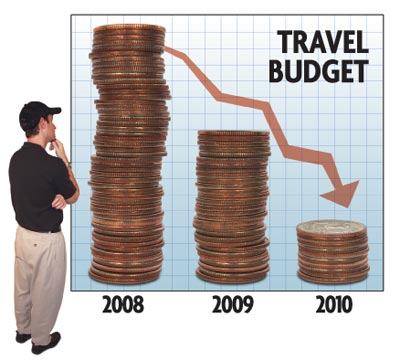Budget cuts in a number of Florida governmental agencies have meant new challenges for pool and spa professionals statewide.
In the face of decreased funding, health and building departments have reduced expenses such as travel, which means fewer opportunities for industry members to network and educate officials in the public sector.
“You want them to come out when we hold training events and conferences, but you aren’t seeing that as much these days,” said Jennifer Hatfield, principal of Sarasota, Fla.-based J. Hatfield & Associates, which specializes in advocacy work for the industry.
Indeed, state building officials used to show up en masse for conferences of the International Code Council, she said. It was important because they also were voting members. But now, only three or four people typically attend those meetings, according to Hatfield.
“We aren’t getting as many there as we used to,” she explained. “And it’s not just to educate, but also to build relationships. It’s made it more difficult for our outreach efforts. Now we have to do more of it locally, or go to them, or start going through different channels.”
Those new channels include online programming and Webinars, which organizations such as the Florida Swimming Pool Association and the National Swimming Pool Foundation in Colorado Springs, Colo., have embraced.
“Whereas three years ago we only had a few online training courses,” said Thomas Lachocki, Ph.D., CEO of the foundation, “now we have a number of government compliance courses available online.
“Health departments don’t usually have lucrative travel budgets to begin with,” he added. “Certainly, they’re under more financial strain now than in the past. But people in these government organizations tend to be creatures of habit, and they need to change the way they approach these programs.”
In North Lauderdale, Fla., Brian Kelly services about 1,000 commercial and public pools each week. The owner of Shamrock Pool Services has good relationships with local inspectors and considers them knowledgeable.
But he thinks budget constraints prevent some from making follow-up trips to reinspect pools that are cited for certain violations. Granted, it’s usually for minor infractions such as a missing shepherd’s hook, Kelly noted. But it is noticeable.
He also said it’s become more difficult to contact local health inspectors who now may be tasked with checking violations at, say, restaurants, in addition to pools and spas.
Those crossover responsibilities, Kelly believes, only complicate their jobs, giving them less time to devote to the industry.
“They used to sit in on the builders council or service council meetings at FSPA,” he added. “They were in on the meetings, and they knew what we were trying to do. It was a great way to ensure we were all on the same page.
“Through no fault of their own,” he said, “I just don’t think they have the ability to come out like that anymore.”




